From The Drunken Man's Talk: Tales from Medieval China by Luo Ye, translated by Alister D. Inglis and Wilt L. Idema
When Qiu Langzhong governed Jian’an,1 he counted Weng Yuanguang among his coterie. Accordingly, whenever there was a banquet, Weng was certain to be invited. Since all of Qiu’s courtesans poured the wine on such occasions, Weng gained a thorough knowledge of their looks as well as of their artistic and musical talent. He therefore chose a flower to symbolize the characteristics of each. While his poems have their strengths and weaknesses, each is founded on reality. Indeed, people were quick to circulate them. I have therefore arrayed them below.2
1 The famous Tang poet Yao He (c. 779–846) wrote a heptasyllabic quatrain entitled “To Qiu Langzhong.” This suggests that the recipient of Yao’s poem might have been the same person referred to in the current text. If so, Luo Ye again transcribed Tang material in this chapter. For the text and title of Yao’s poem, see Quan Tang shi, 497: 88.
2 What follows are poems of the yongwu genre. Such poems would take something from the phenomenal world as their subject, frequently a type of flower or other flora, without directly alluding to it; often only the title would indicate the subject. In this chapter, each poem is prefaced with the name of the courtesan to whose characteristics it alludes and sometimes a brief explanation of the metaphorical device. It would, nevertheless, have been unusual for any one scholar-official to have kept such a large number of concubines. If the authorial introduction is reliable, many of the women either may have been hired on an occasional basis or else may have been courtesans in government service.
Swelling cloud that looks so light; the snow seems spotless.
Jade and jasper both have mellowed; the moon has living essence.
Loathe to boast of beauty that equals the peach and plum,
The first child of spring alone to the mortal world has come.
Yang Qian: Narcissus (alluding to her airy and ripe fairy’s figure; she is considered second-in-line to the queen of flowers)
Soon to take on dusty form are silken stockings light,
Rippling gossamer gowns reflect in the water bright;
A gorgeous floral bloom that from the Luo has come,3
It concedes not in dignity to its brother plum.
Soon to take on dusty form are silken stockings light,
Rippling gossamer gowns reflect in the water bright;
A gorgeous floral bloom that from the Luo has come,3
It concedes not in dignity to its brother plum.
3 The Luo referred to here is the Luo River.

Wu Ying: White Lotuses (alluding to good character and beauty that has fallen in the world)
Rain has passed the sprawling pond, its lotuses about to bloom;
Powdered faces, frozen blushes, while emerald saucers droop.
From henceforth, their lofty spirit is at its most divine,
Pray not disdain that their roots in oozing mud are mired.
Xiao Rong: Jasmine (alluding to fragrant and beautiful skin)
Smooth skin and jade-like bones, such freshness they unfold,
Accompany my modest ivory bed and my silver screen.
When phoenix-curtains hang low and orchid-incense has burned cold,
Most perplexing is the perfume that pervades my every dream.
Smooth skin and jade-like bones, such freshness they unfold,
Accompany my modest ivory bed and my silver screen.
When phoenix-curtains hang low and orchid-incense has burned cold,
Most perplexing is the perfume that pervades my every dream.
Fan Ru: Camellia (alluding to fragrant skin most suited to the bedchamber)
Talent and fame of a thousand eons, the camphor trees ancient,
Darkling would their wondrous essence compare with your subtle scent.
Romantic to the very bone you become an aphrodisiac,
Feng Qian: Hall Crabapple (alluding to tender and frail beauty)
Deep in somber courtyards, you release the hidden spring;
Tender green and ruby red, to the eye most pleasing.
Your soft tresses can neither climbing nor plucking bear,
Allow not that the wild butterfly to you dishonor bring.
Wang Yan: Jade Flowers of Yangzhou (this courtesan had been beaten as a punishment)
Yu Fei: Roses (alluding to fragility and golden skin)
Pale yellow and fragile vines twist toward a sky so sunny,
Silently they send a scented breeze amidst the company.
Leaning on a jade handrail, on you one’s eyes may bask,
Wherein lies the harm to face each other across the self-same cask?
Li Chu: Yellow Chrysanthemum (alluding to a golden demeanor)
Buffeted by the breeze, drenched in dew, you detain the autumn light,
Lonesome beside the rustic hedge, you alone smell of sweet delight.
The Tenth already passed and no Director Tao your beauty to extol,9
Therefore I know not for whom your face remains thus gold.
Tong Yun: Pear-Leaved Crabapples (alluding to a commonplace air)
Like the pear-leaved crabapple, your appearance is unassuming,
With warm breeze and languid days your abode tormenting.
Those plain looks are not your true visage, this I know somehow,
Try bringing out a silver lamp to reflect your painted brow.
Wu Qiong: Boat Orchid (having gained someone’s praise)
Elegant beauty and skin sweet smelling, worthy to be plucked,
Gazing at your red and lilac, one transcends the world of dust.
When setting down your roots, give praise to Persephone,10
Qian Mei: Lilies (romantic and able to touch one’s emotions)
Stems and heads of greenest jade break the sunrise glow;
Catching breeze, drinking dew, feelings overflow.
Her fragrant heart, when once is touched, turns to say hello,
Hence among the floral world is “Lily” on her bestowed.12
Li Zhen: Cotton Roses (deriding her venerable age)
Countless orchids and chrysanthemums rule the autumn glow,
With makeup thus ungainly, would you dare to be their foe?
‘Ere frost, snow, and howling wind hold us long in thrall,
Let’s wait and see your withered stems cling to gate and wall.
Chen Shuang: Flowering Crabapple
When one has slept sufficient and silver candles burn,
Does a rosy glow of wine suffuse your alabaster skin.
Bereft of any fragrance, Yuanming’s ire do you then earn;13
Xue Ying: Weigela15 (alluding to disarming charm)
At dawn beside the water chestnut, she preens her wings of green,
More bewitching and enthralling are soft stems that earthward lean,
When she entraps with her enchantment, springtime has no potency;
Truly like Mistress Xu dancing the Houyao, so too is she.16
Wu Hua: Purple Roses
Stems erect and straight stretch toward the sky,
Even ‘ere the breezes blow, to and fro they waver.
Exactly do they seem like someone’s shallow nature,
Forcing speech and laughter coquettishness to ply.
Lin Yan: Pomegranate (having gained praise from a man of quality)
Sweet-smelling silk, freshly made, a rose-madder skirt,
Bewitching beauty, heavy makeup, reflect in eyes so pert.
Herself having garnered her lord’s righteous praise,
Sends she forth her double-leaves, deep feelings to convey.
Xu Xiu: Peach Blossoms
The debonair Liu and Ruan were to journeys wild inclined,19
There was a time when among these blooms, they then left a smile.
Old immortal stock beside the Lake of Jade, so you rudely say,
Should not allow the likes of me to steal them clean away.
Miss Lan: Banana Shrubs (alluding to her senior position)
Her branches deep and green, mature leaves profuse,
Assail with surplus perfume, pure and subtle too.
Once wet with wine, erotic thoughts do her fragrant heart produce,
And as though before a passerby, smiling, she doth blush anew.
Miss Zhang: Tawny Daylillies (intimating a lack of beauty)
While the east wind’s languid currents gently thus caress,
Amid the myriad scents does she so shamelessly transgress.
When her beauty and demeanor to such depths as this have fallen
Chen Liang: Winter Jasmine (having gained someone’s attention)
Persephone surveys the east and first announces spring,20
The branches’ buds, when first seen, breathe splendor sweet smelling.
It was but because a gentleman once held her in his gaze,
That henceforth the flower blooms with tiny sounds ablaze.
Wang Sai: Rangoon Creeper (alluding to contact with disreputable men)
Bamboo fence and cottage thatched toward a stream doth fall,
White on red, red on white, are blossoms beyond the wall.
The gentleman scribe,22 for no reason, gains a goodly name,
Yet twas never any gentleman who rode to your domain.
Qiu Xi: White Chrysanthemums (alluding to beauty fit to be enjoyed)
Secluded glades bedecked in white, jade-like flowerheads,
New blooms by the dawn-kissed rail bring a dewy chill.
Pallid skin and perfume pure, worthy a bouquet to fill
Who is there to transport her beside the flowerbeds?
Lin Mei: Imperial Tiara (alluding to good looks and deportment)
Before her tender leaves of green upon the boughs are spread,
Reflecting spring’s lucidity are her stamens red.
Were her countenance unfit for palaces and halls,
How could she an imperial tiara be among the flowers all?
Wei Cui: Flowering Quince (alluding to having gained a man’s special affection)
Betwixt the bramble bushes, buried in water and haze,
Flowers bloom profuse while, in the walled palace, lingering scent pervades;
Say not that this sour fruit is wholly bereft of use,
There was a time when she put to shame jewelry made of jade.1
Li Shao: Lily Magnolia (alluding to low-class vulgarity)
Persephone2 firstly harbored feelings neither mean nor kind,
Ugly blooms, with the spring, also had their time.
Yet rough material may but into boats and masts be hewn,
Fully laden, by the river, as the passengers pass through.
Rouge and powder thinly painted, lightly made-up face,
To which neither bee nor butterfly have ever given chase;
How may one but borrow Persephone’s power4
To beg a drop of scent for the heart of this here flower?Unsullied graceful beauty, soft are her stems and leaves,
Scented buds, newly opened, purity not easy to perceive;
While they need the balustrade to more abundantly display,
Allow not Master Han to steal them clean away.
Zhang Yi: Magnolia Coco
Liu Jue: Alligator-Weed (alluding to a woman’s blotchy skin)
Autumnal rain, throughout the night, afflicts the lilac flowers,
Bereft of any trace of poise, unlike the lotus sweet.
Zhang Hui: Halimeda (alluding to low rank)
Green leaves bedeck the branches, rich are her garlands red,
Forbid she not the sun and breeze, shyness overcomes her.
Unable to advance toward the ranks of flowerbeds,
She can but climb the mountainside and accompany some old farmer.
Cheng Fang: Morning Glory (alluding to a vulgar character)
Desolate and bereft the morning glory lies,
Banished to the west wind, thus it in sorrow bides.
Her character, low and vulgar, accompanies a complexion vile,
While in the painting Selecting Flowers nothing but shame to find.
Chen Ying: Pride of Barbados (none ask after her)
With leaves thus lowly lying, carmine and pink entwine,
Chen Yun: Reed Catkins
Bulrushes for ten whole miles, the river-scene in fall,
Shrilling wind and whistling rain, one’s thoughts to sorrow turn.
The knotweeds themselves do face, wanton idlers all,
Moored there lies a fishing boat, hook and line astern.
Zheng Qian: Cherokee Rose
So forlorn and desolate, deep amid the grass,
Learning graceful poise, five times the blooms amass.
Her origin cannot be found among the banquet mats,
Yet when a drunken eye alights on her, fleeting brightness will it catch.
Yu Fu: Knotweed Flower
Bulrushes by the banks form verdant thickets lush,
Slanted stems quake and quiver in daybreak’s rosy blush.
All forlorn late in fall, sadly they may sigh,
Jealous of the peach and plum who with Eurus a knot did tie.10
Wang Duan: Hyacinth Bean (alluding to residence in a small village)
A cluster of thatched cottages, home to country men,
There the flat beans flower on a wall that knows no end.
Yet on the heels of wind and rain that late autumn will so usher,
In mud beside a fallen fence lie felled half their number.
Wei Shun: Jackfruit
With flowers like the grain, their tendrils climb the fence,
In deep summer bear they fruit that hangs so very dense.
When you open up her belly green, what a sight there is to see,
A tummy-full of turtle-seeds, their color deep cherry.
Peng Chu: Shepherd’s Purse (alluding to lowly status)
A flower blooms amid the wilds, how lowly there is she,
Arrayed among her fragrant friends, with her we’ll sympathize;
Let it not be said the world neglects her utterly,
In Zhou dynasty verse, there she is immortalized.13
Talent and fame of a thousand eons, the camphor trees ancient,
Darkling would their wondrous essence compare with your subtle scent.
Romantic to the very bone you become an aphrodisiac,
Pleasing when I sleep and dream, you fill my pillow-sack.
Feng Qian: Hall Crabapple (alluding to tender and frail beauty)
Deep in somber courtyards, you release the hidden spring;
Tender green and ruby red, to the eye most pleasing.
Your soft tresses can neither climbing nor plucking bear,
Allow not that the wild butterfly to you dishonor bring.
Wang Yan: Jade Flowers of Yangzhou (this courtesan had been beaten as a punishment)
Through endless miles of dust in the Jade Center you arrive,4
Leaning to the wind, ashamed it can’t be spring.
Having once suffered Heaven duly to chastise,
You laugh at death and, henceforth, to a mortal life will cling.
At the Earth God’s temple in Weiyang are flowers both creamy white and fragrant.5 They are called jade flowers. During the Xuanhe period,6 they were transplanted under the Rock and Flower Law.7 Thus having been planted in the imperial garden, they did not flower for three years, after which they were beaten8 and returned to their place of origin. Thereafter they bloomed as of old. Could it be that the climate and soil prevented them from flowering, or else was it due to the deities?
Leaning to the wind, ashamed it can’t be spring.
Having once suffered Heaven duly to chastise,
You laugh at death and, henceforth, to a mortal life will cling.
At the Earth God’s temple in Weiyang are flowers both creamy white and fragrant.5 They are called jade flowers. During the Xuanhe period,6 they were transplanted under the Rock and Flower Law.7 Thus having been planted in the imperial garden, they did not flower for three years, after which they were beaten8 and returned to their place of origin. Thereafter they bloomed as of old. Could it be that the climate and soil prevented them from flowering, or else was it due to the deities?
4 “Endless dust,” literally “ten thousand [Chinese] miles of red dust” (hongchen), refers to the mortal realm as opposed to that of the immortals or, in a Buddhist context, an existence beyond earthly suffering. To leave the “world of red dust” is therefore to leave the physical world. Furthermore, in Daoism, the Jade Capital (yujing) refers to the home of the Jade Emperor, the supreme deity of the Daoist pantheon. From Tang times onwards however, it was also used to refer to the imperial capital—home of the reigning temporal emperor. Both fit the context of the poem, since the courtesan to whom the poet alludes, symbolized by the jade flowers, left the world of dust (i.e., the mortal realm) to visit the dominions of the immortals; the final line refers to her being beaten and banished to the mortal world. Yet since, as the explanatory text below the poem notes, the jade flowers were forcibly removed to the imperial garden under the Huizong emperor’s (r. 1101–1126) Rock and Flower Law, the Jade Center may also be read as the temporal emperor’s home.
5 This explanatory note may be from Luo Ye. Weiyang is a suburb of Yangzhou.
6 The Xuanhe period was 1119–1125.
7 During the Xuanhe period, the Huizong emperor authorized the collection—at times forcible—of exotic rocks, flowers, and objets d’art from the provinces so as to fill his imperial collection and, more importantly, the newly completed Northeastern Marchmount (the Genyue). For a brief description in English of this Rock and Flower Law (Huashi wang), see Levine, “The Reigns of Hui-Tsung and Ch’in-Tsung,” 604–6. For a history of the Genyue, see Hargett, “Huizong’s Magic Marchmount: The Genyue Pleasure Park of Kaifeng,” 1–48.
8 The term here is literally “beaten with a stick,” making it apt for a courtesan who was beaten.
Yu Fei: Roses (alluding to fragility and golden skin)
Pale yellow and fragile vines twist toward a sky so sunny,
Silently they send a scented breeze amidst the company.
Leaning on a jade handrail, on you one’s eyes may bask,
Wherein lies the harm to face each other across the self-same cask?
Li Chu: Yellow Chrysanthemum (alluding to a golden demeanor)
Buffeted by the breeze, drenched in dew, you detain the autumn light,
Lonesome beside the rustic hedge, you alone smell of sweet delight.
The Tenth already passed and no Director Tao your beauty to extol,9
Therefore I know not for whom your face remains thus gold.
9 Tao Qian (365?–427), courtesy name Yuanming, was an important poet of the Six Dynasties. The “tenth” refers to the Double Tenth festival, celebrated on the tenth day of the tenth lunar month.
Tong Yun: Pear-Leaved Crabapples (alluding to a commonplace air)
Like the pear-leaved crabapple, your appearance is unassuming,
With warm breeze and languid days your abode tormenting.
Those plain looks are not your true visage, this I know somehow,
Try bringing out a silver lamp to reflect your painted brow.
Wu Qiong: Boat Orchid (having gained someone’s praise)
Elegant beauty and skin sweet smelling, worthy to be plucked,
Gazing at your red and lilac, one transcends the world of dust.
When setting down your roots, give praise to Persephone,10
So as to bloom in close succession to His Majesty King Peony.11
10 Although the original text refers to the “Lord of Spring” (Dongjun), I translate this as “Persephone” given that she was the goddess of spring in Greek mythology.
11 The peony was considered “king” of all flowers in imperial China.
Qian Mei: Lilies (romantic and able to touch one’s emotions)
Stems and heads of greenest jade break the sunrise glow;
Catching breeze, drinking dew, feelings overflow.
Her fragrant heart, when once is touched, turns to say hello,
Hence among the floral world is “Lily” on her bestowed.12
12 The Chinese name for lily is baihe, literally meaning “a hundred times joining.” The linkage between this literal meaning and the idea of the flower being touched in the third line is, unfortunately, lost in the translation.
Li Zhen: Cotton Roses (deriding her venerable age)
Countless orchids and chrysanthemums rule the autumn glow,
With makeup thus ungainly, would you dare to be their foe?
‘Ere frost, snow, and howling wind hold us long in thrall,
Let’s wait and see your withered stems cling to gate and wall.
Chen Shuang: Flowering Crabapple
When one has slept sufficient and silver candles burn,
Does a rosy glow of wine suffuse your alabaster skin.
Bereft of any fragrance, Yuanming’s ire do you then earn;13
Thus to no avail you gain Zijian’s floral rill.14
13 Yuanming was an important poet of the Six Dynasties; see note 9 above.
14 Zijian is the courtesy name of Cao Zhi (192–232), a famous poet and political figure of the Wei dynasty (220–265). His poetic lines about a floral stream compliment Tao Yuanming’s famous narrative of the Peach-Blossom Spring in which a mortal man stumbles across an unearthly realm inhabited by immortal women. For Tao’s narrative, see Tao Yuanming, Tao Yuanming ji, 695–97.
Wang Xin: Willow Catkin (satirizing an abandoned and childish air)
Curtains of shade and sunshine pierce the shallow chill,
Light and crazy catkins play in what remains of spring.
’Tis only when wet with rain that they to each other cling,
Together in the breezes blown thus they gain a thrill.
Curtains of shade and sunshine pierce the shallow chill,
Light and crazy catkins play in what remains of spring.
’Tis only when wet with rain that they to each other cling,
Together in the breezes blown thus they gain a thrill.
Xue Ying: Weigela15 (alluding to disarming charm)
At dawn beside the water chestnut, she preens her wings of green,
More bewitching and enthralling are soft stems that earthward lean,
When she entraps with her enchantment, springtime has no potency;
Truly like Mistress Xu dancing the Houyao, so too is she.16
15 Weigela hortensis is a deciduous flowering shrub native to East Asia, known in Mandarin as jindai hua. The original text uses the abstruse term binbian jiao, a Sichuan name for jindai hua.
16 Xu Niang (Mistress Xu) was married to the Liang Dynasty emperor Yuan (r. 552–554). Although plain in looks, she was said to command personal charms. The last three characters in the original line (wu hou yao) appear to make little sense. In many Song dynasty poems however, the character lao directly follows allusions to Xu Niang. Perhaps the character hou in the current text is a misprint for lao, given their visual similarity, in which case the poem’s closing would make more sense: she is truly like Mistress Xu dancing with her agèd waist. I cannot, however, find any parallel texts which would throw light on the current context. For Mistress Xu’s biography, see Li Yanshou, Nanshi, 19: 159.
Wu Hua: Purple Roses
Stems erect and straight stretch toward the sky,
Even ‘ere the breezes blow, to and fro they waver.
Exactly do they seem like someone’s shallow nature,
Forcing speech and laughter coquettishness to ply.
Zhang Yan: Pear Blossom
Spring arrives in the pear orchard, blossoms so bewitching,
Yet in terms of beauty, only Jiangxian’s is amazing.17
The color of their fruit-filled purses is not of palace courtyards,
Who’s to say by simply viewing one may hunger disregard?
Spring arrives in the pear orchard, blossoms so bewitching,
Yet in terms of beauty, only Jiangxian’s is amazing.17
The color of their fruit-filled purses is not of palace courtyards,
Who’s to say by simply viewing one may hunger disregard?
17 Jiangxian was a favorite consort of the Sui dynasty emperor Yang (r. 605–616). According to the Leftover Record of the Sui Dynasty (Sui yi lu), the emperor would forget to eat when gazing at her, hence the reference to overcoming hunger in the last line.
Lin Yan: Pomegranate (having gained praise from a man of quality)
Sweet-smelling silk, freshly made, a rose-madder skirt,
Bewitching beauty, heavy makeup, reflect in eyes so pert.
Herself having garnered her lord’s righteous praise,
Sends she forth her double-leaves, deep feelings to convey.
You Shao: Camellia (alluding to beauty and poise)
Defying snow, spurning frost, are her bouquets of rose-madder,
Leaves akin to emerald jade, the camellia we then call her;
While her beauty is neither unsurpassed, nor could launch a thousand ships,18
Yet even among a hundred blooms is she worthy of our worship.
Defying snow, spurning frost, are her bouquets of rose-madder,
Leaves akin to emerald jade, the camellia we then call her;
While her beauty is neither unsurpassed, nor could launch a thousand ships,18
Yet even among a hundred blooms is she worthy of our worship.
18 The original employs the phrase “bring about the fall of a thousand cities” (qingcheng), a well-established trope that alludes to Yang Guifei, a havoc-wreaking femme fatale. This beautiful metaphor would unfortunately be lost on English-speaking readers. In the spirit of the femme fatale theme, I have instead alluded to Helen of Troy.
Xu Xiu: Peach Blossoms
The debonair Liu and Ruan were to journeys wild inclined,19
There was a time when among these blooms, they then left a smile.
Old immortal stock beside the Lake of Jade, so you rudely say,
Should not allow the likes of me to steal them clean away.
19 Liu and Ruan are the heroes of a famous story about two men who stumble into a paradise populated by immortal women. For an English translation, see “Liu and Ruan Meet Immortal Maidens at Tiantai,” chapter 15 in this volume.
Miss Lan: Banana Shrubs (alluding to her senior position)
Her branches deep and green, mature leaves profuse,
Assail with surplus perfume, pure and subtle too.
Once wet with wine, erotic thoughts do her fragrant heart produce,
And as though before a passerby, smiling, she doth blush anew.
Miss Zhang: Tawny Daylillies (intimating a lack of beauty)
While the east wind’s languid currents gently thus caress,
Amid the myriad scents does she so shamelessly transgress.
When her beauty and demeanor to such depths as this have fallen
She should by no means on us forgotten woe unburden.
Chen Liang: Winter Jasmine (having gained someone’s attention)
Persephone surveys the east and first announces spring,20
The branches’ buds, when first seen, breathe splendor sweet smelling.
It was but because a gentleman once held her in his gaze,
That henceforth the flower blooms with tiny sounds ablaze.
20 The original refers to the “Green Emperor” (qingdi), spring personified: green, according to the traditional schemata of the Five Phases, was correlated with spring. For the sake of rhythm, I have chosen to use an equivalent from Greek mythology.
Lan Yun: Flowering Peach (alluding to open-heartedness)
Unsullied splendor contrasts with her dark and youthful heart,
Exotic among the other blooms, her elegance is heaven sent.
Against neither red nor purple would she in looks contest,
With an open-hearted spirit does she set herself apart.
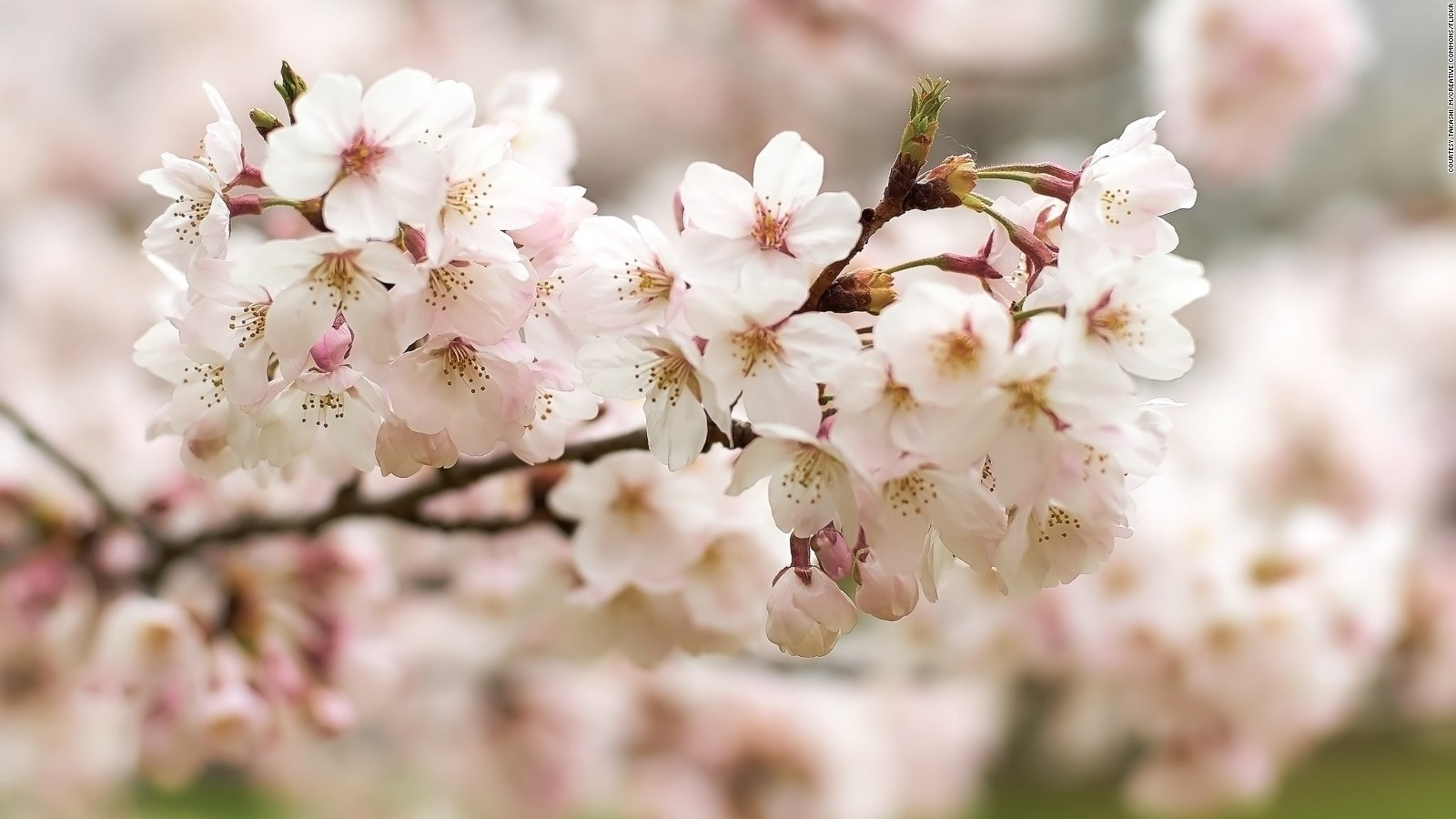
Liu Ying: Plum Blossoms
Apricots bonny and peaches pretty, yet barely half remain,
While her branches have but just jade blooms aplenty spread.
Demented bees and butterflies, Persephone is feign to restrain,21
Wantonly to wing the length of the painted rail.
Unsullied splendor contrasts with her dark and youthful heart,
Exotic among the other blooms, her elegance is heaven sent.
Against neither red nor purple would she in looks contest,
With an open-hearted spirit does she set herself apart.

Liu Ying: Plum Blossoms
Apricots bonny and peaches pretty, yet barely half remain,
While her branches have but just jade blooms aplenty spread.
Demented bees and butterflies, Persephone is feign to restrain,21
Wantonly to wing the length of the painted rail.
21 The original refers to the Lord of the East (dong jun), another personification of spring.
Wang Sai: Rangoon Creeper (alluding to contact with disreputable men)
Bamboo fence and cottage thatched toward a stream doth fall,
White on red, red on white, are blossoms beyond the wall.
The gentleman scribe,22 for no reason, gains a goodly name,
Yet twas never any gentleman who rode to your domain.
22 Rangoon creeper, sometimes known as Chinese honeysuckle, is literally translatable as “a gentleman scribe”. I translate it literally here so that the word play on male callers in the last line may become apparent.
Qiu Xi: White Chrysanthemums (alluding to beauty fit to be enjoyed)
Secluded glades bedecked in white, jade-like flowerheads,
New blooms by the dawn-kissed rail bring a dewy chill.
Pallid skin and perfume pure, worthy a bouquet to fill
Who is there to transport her beside the flowerbeds?
Poems about ladies
Before her tender leaves of green upon the boughs are spread,
Reflecting spring’s lucidity are her stamens red.
Were her countenance unfit for palaces and halls,
How could she an imperial tiara be among the flowers all?
Wei Cui: Flowering Quince (alluding to having gained a man’s special affection)
Betwixt the bramble bushes, buried in water and haze,
Flowers bloom profuse while, in the walled palace, lingering scent pervades;
Say not that this sour fruit is wholly bereft of use,
There was a time when she put to shame jewelry made of jade.1
1 This alludes to the poem “Quince” (Mugua, Mao no. 64) from the Classic of Poetry, in which quinces are unequally exchanged for precious jade. See Shijing quanshi, 106
Li Shao: Lily Magnolia (alluding to low-class vulgarity)
Persephone2 firstly harbored feelings neither mean nor kind,
Ugly blooms, with the spring, also had their time.
Yet rough material may but into boats and masts be hewn,
Fully laden, by the river, as the passengers pass through.
Zhang Yan: Cherishing the Spring3 (alluding to having been marginalized)2 As in the previous chapter, what in the original reads “Lord of the East” I have translated as “Persephone.” See chapter 9, note 21.
Rouge and powder thinly painted, lightly made-up face,
To which neither bee nor butterfly have ever given chase;
How may one but borrow Persephone’s power4
To beg a drop of scent for the heart of this here flower?
3 The original term is xichun, no longer in common parlance. I am therefore unsure as to the correct English translation.
4 See note
You Xiu: Cape Jasmine
Scented buds, newly opened, purity not easy to perceive;
While they need the balustrade to more abundantly display,
Allow not Master Han to steal them clean away.
Luo Sai: Dianthus5 (alluding to having gained protection)
Pristine skin that at one time embroidered a palace curtain,
When we see her newly blooming alone by the tiny rail,
Might we urge her master to hold her countenance dear,
For she’ll easily look disheveled in the jealous wind and rain.
Pristine skin that at one time embroidered a palace curtain,
When we see her newly blooming alone by the tiny rail,
Might we urge her master to hold her countenance dear,
For she’ll easily look disheveled in the jealous wind and rain.
5 The flower referred to is Dianthus chinensis.
Turned to dust have bygone times in Liaoyang of old,
Yet she in sunrise still delights to attract afresh one’s eye.
Given that her verdurous youth at its twilight has arrived,
She should not be overly shy wandering immortals to behold.
Yet she in sunrise still delights to attract afresh one’s eye.
Given that her verdurous youth at its twilight has arrived,
She should not be overly shy wandering immortals to behold.
Tian Xiu: Cockscomb (alluding to having grown pallid)
Cockscomb flowerbeds conceive the purple silken down,
Heroic is their air, heads raised to the sky;
But all at once they wither when the frost and chill arrive,
Against the autumn gusts, heads dip without a sound.
Cockscomb flowerbeds conceive the purple silken down,
Heroic is their air, heads raised to the sky;
But all at once they wither when the frost and chill arrive,
Against the autumn gusts, heads dip without a sound.
Liu Jue: Alligator-Weed (alluding to a woman’s blotchy skin)
Autumnal rain, throughout the night, afflicts the lilac flowers,
Bereft of any trace of poise, unlike the lotus sweet.
Would a sick man ere endeavor his tinea so to treat,
His rash would then by far surpass this harpy of the flowers.6
His rash would then by far surpass this harpy of the flowers.6
6 I use harpy in the sense of an ugly, hideous woman. The graph “flower” appears twice, at the conclusion of both the first and ultimate lines of the original text, probably erroneously. I have little choice but to follow the original.
Xiao Qiong: Tiger’s Claw (her sister Xiao Rong’s face surpasses that of a jasmine flower, hence the following)
Agèd green, carmine deep, half a patch of weeds,7
Looking shy and silent, against the wall doth cleave.
Originally she never would the jasmine’s air assume,
Now dares she with the jasmine to be the first in bloom.
Agèd green, carmine deep, half a patch of weeds,7
Looking shy and silent, against the wall doth cleave.
Originally she never would the jasmine’s air assume,
Now dares she with the jasmine to be the first in bloom.
7 I suspect that “half” (ban) may be an error for the homophonous “accompany,” as it appears elsewhere in the chapter.
Zhan Ya: Asiatic Dayflower (alluding to a courtesan without fame)
Dew bathes your fragrant face, a newfound purity,
While by the wall you cavort in daybreak’s genial breeze.
No need to force you join the fragrant society,
The Book of Blooms, for your name, at first held no entry.
Dew bathes your fragrant face, a newfound purity,
While by the wall you cavort in daybreak’s genial breeze.
No need to force you join the fragrant society,
The Book of Blooms, for your name, at first held no entry.
(кажется, дальше переводчик что-то напутал, тк Halimeda - это водоросль)
Zhang Hui: Halimeda (alluding to low rank)
Green leaves bedeck the branches, rich are her garlands red,
Forbid she not the sun and breeze, shyness overcomes her.
Unable to advance toward the ranks of flowerbeds,
She can but climb the mountainside and accompany some old farmer.
Wu Qiang: Banana (alluding to enormity of build and coarseness of features)
Green trunks beyond the window grow thus tall and straight,
Yet listening to their rain-soaked moan is more than I can take.
With flowers coarse and leaves so large, who’d there be to pluck one?
While by the window hard put I’d be in a rotund vase to chuck one.
Green trunks beyond the window grow thus tall and straight,
Yet listening to their rain-soaked moan is more than I can take.
With flowers coarse and leaves so large, who’d there be to pluck one?
While by the window hard put I’d be in a rotund vase to chuck one.
Cheng Fang: Morning Glory (alluding to a vulgar character)
Desolate and bereft the morning glory lies,
Banished to the west wind, thus it in sorrow bides.
Her character, low and vulgar, accompanies a complexion vile,
While in the painting Selecting Flowers nothing but shame to find.
Chen Ying: Pride of Barbados (none ask after her)
With leaves thus lowly lying, carmine and pink entwine,
Flower heads, as of always, in their old beds shine.
The pleasure garden lies forlorn with no one to enquire,
While she, to the Zephyrus breeze, would find fault with Mother Nature.
The pleasure garden lies forlorn with no one to enquire,
While she, to the Zephyrus breeze, would find fault with Mother Nature.
Chen Yun: Reed Catkins
Bulrushes for ten whole miles, the river-scene in fall,
Shrilling wind and whistling rain, one’s thoughts to sorrow turn.
The knotweeds themselves do face, wanton idlers all,
Moored there lies a fishing boat, hook and line astern.
Zheng Qian: Cherokee Rose
So forlorn and desolate, deep amid the grass,
Learning graceful poise, five times the blooms amass.
Her origin cannot be found among the banquet mats,
Yet when a drunken eye alights on her, fleeting brightness will it catch.
Zhang Ying: Blossom of the Locust Tree (alluding to her not being exalted)
The courtly style of the Tang would she contrive to ape,
On a brow so seductive, does she yellow lightly paint.
Unable to catch completely the opulence of Three Dukes,8
The courtly style of the Tang would she contrive to ape,
On a brow so seductive, does she yellow lightly paint.
Unable to catch completely the opulence of Three Dukes,8
To no avail she incites frivolity to tax the young men’s youth.
8 “Three dukes” (sangong) was a generic term for the three highest office-bearers, starting in the Zhou dynasty. During the Tang and Song, these were the defender-in-chief, the minister of education, and the minister of works.
Yan Xiu: Poppies (alluding to her seduction of young men)
Red and white, white and red, cover the country lanes,
In breeze bewitching and moonlight splendid, she sports her fragrant frame.
Therein can be found Xi Shi’s abundant breasts,9
To which she may an innocent son thus press.
Red and white, white and red, cover the country lanes,
In breeze bewitching and moonlight splendid, she sports her fragrant frame.
Therein can be found Xi Shi’s abundant breasts,9
To which she may an innocent son thus press.
9 Xi Shi was a famous beauty who lived during the Warring States period (475–221 BCE)
Zheng Su: Coin-Leaf Desmodium (alluding to coldness of manner)
Rain, wind, deserted courtyard, autumn cold, forgotten,
The ground appears clothed in coins that we cannot retrieve.
Since amid the banquet mats their fair value can’t be gotten,
In emptiness I’ll buy her who hides ten thousand cups of grief.
Rain, wind, deserted courtyard, autumn cold, forgotten,
The ground appears clothed in coins that we cannot retrieve.
Since amid the banquet mats their fair value can’t be gotten,
In emptiness I’ll buy her who hides ten thousand cups of grief.
Yu Fu: Knotweed Flower
Bulrushes by the banks form verdant thickets lush,
Slanted stems quake and quiver in daybreak’s rosy blush.
All forlorn late in fall, sadly they may sigh,
Jealous of the peach and plum who with Eurus a knot did tie.10
10 What reads as “east wind” in the original, I have translated as Eurus, personification of the east wind according to ancient Greek myth.
Huang Su: Red Pine Flower
Shadows fall o’er outskirts chilly, around a thousand feet,
While in the swirling wind, her pollen scatters lightly.
Who would it collect for an alpine remedy,
Or else for vats of fisheye soup who then would it so seek?11
Shadows fall o’er outskirts chilly, around a thousand feet,
While in the swirling wind, her pollen scatters lightly.
Who would it collect for an alpine remedy,
Or else for vats of fisheye soup who then would it so seek?11
11 “Alpine remedy” and “fish-eye soup” refer to Chinese traditional herbal medicine.
Yang Yan: Bogu Cherry
Among the bramble thickets, tiny buds do open,
On balustrades by garden bowers, some in pots12 one keeps.
They follow not the peach nor plum for a boon companion,
They’d rather face a forlorn hamlet and accompany the weeds.
Among the bramble thickets, tiny buds do open,
On balustrades by garden bowers, some in pots12 one keeps.
They follow not the peach nor plum for a boon companion,
They’d rather face a forlorn hamlet and accompany the weeds.
12 The graph “fish” (yu) as it appears in the original is a likely error for “basin” (pen), given the visual similarity of the characters; I have therefore corrected it.
Pan Gui: Indian Azalea (alluding to dealings with petty people)
Planted not within those courtyards deep, but through
The mountains and o’er ridges, she reflects her ruby hue.
While in deserted villages where no one deigns alight,
Woodcutters and shepherd lads in succession does she slight.
The mountains and o’er ridges, she reflects her ruby hue.
While in deserted villages where no one deigns alight,
Woodcutters and shepherd lads in succession does she slight.
Wang Duan: Hyacinth Bean (alluding to residence in a small village)
A cluster of thatched cottages, home to country men,
There the flat beans flower on a wall that knows no end.
Yet on the heels of wind and rain that late autumn will so usher,
In mud beside a fallen fence lie felled half their number.
Wei Shun: Jackfruit
With flowers like the grain, their tendrils climb the fence,
In deep summer bear they fruit that hangs so very dense.
When you open up her belly green, what a sight there is to see,
A tummy-full of turtle-seeds, their color deep cherry.
Peng Chu: Shepherd’s Purse (alluding to lowly status)
A flower blooms amid the wilds, how lowly there is she,
Arrayed among her fragrant friends, with her we’ll sympathize;
Let it not be said the world neglects her utterly,
In Zhou dynasty verse, there she is immortalized.13
13 “Zhou dynasty verse” here is a synecdoche for the Classic of Poetry. Shepherd’s purse is mentioned in Mao no. 35, “Valley Wind,” where it is contrasted to sowthistle, an equally bitter-tasting plant. See Shijing quanyi, 62
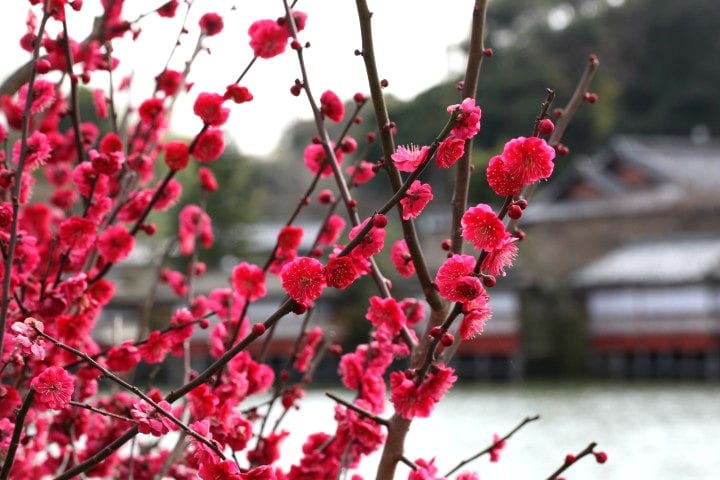


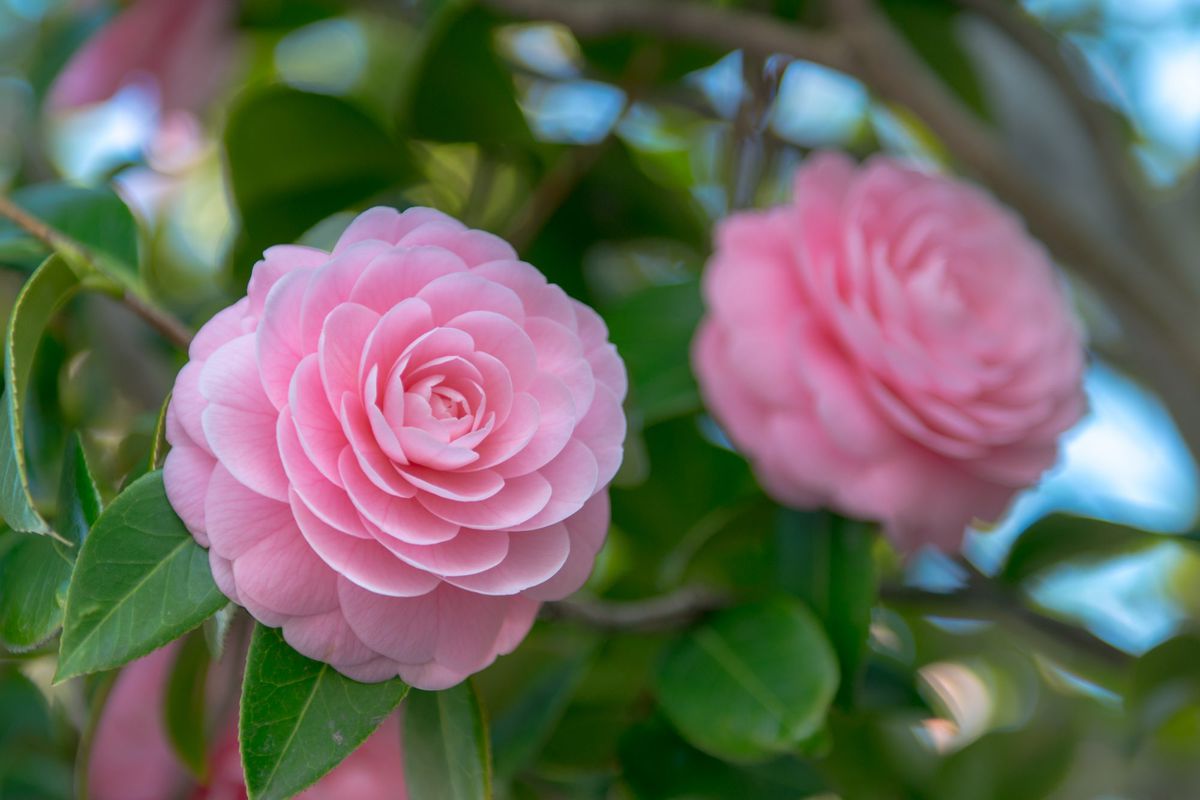

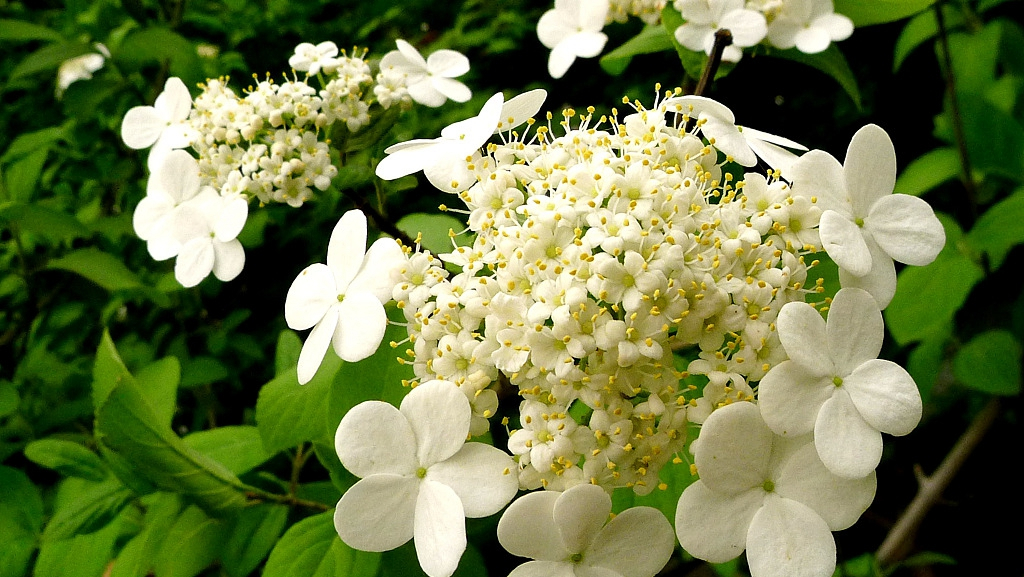
/rosebush-96329335-78c655d3d9d94e4e83e5dd24ef48007c.jpg)
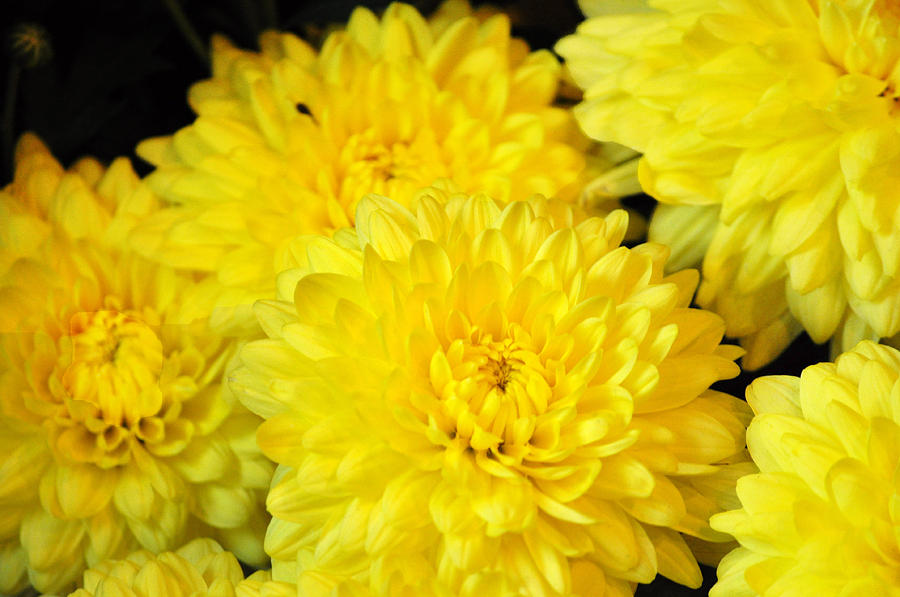
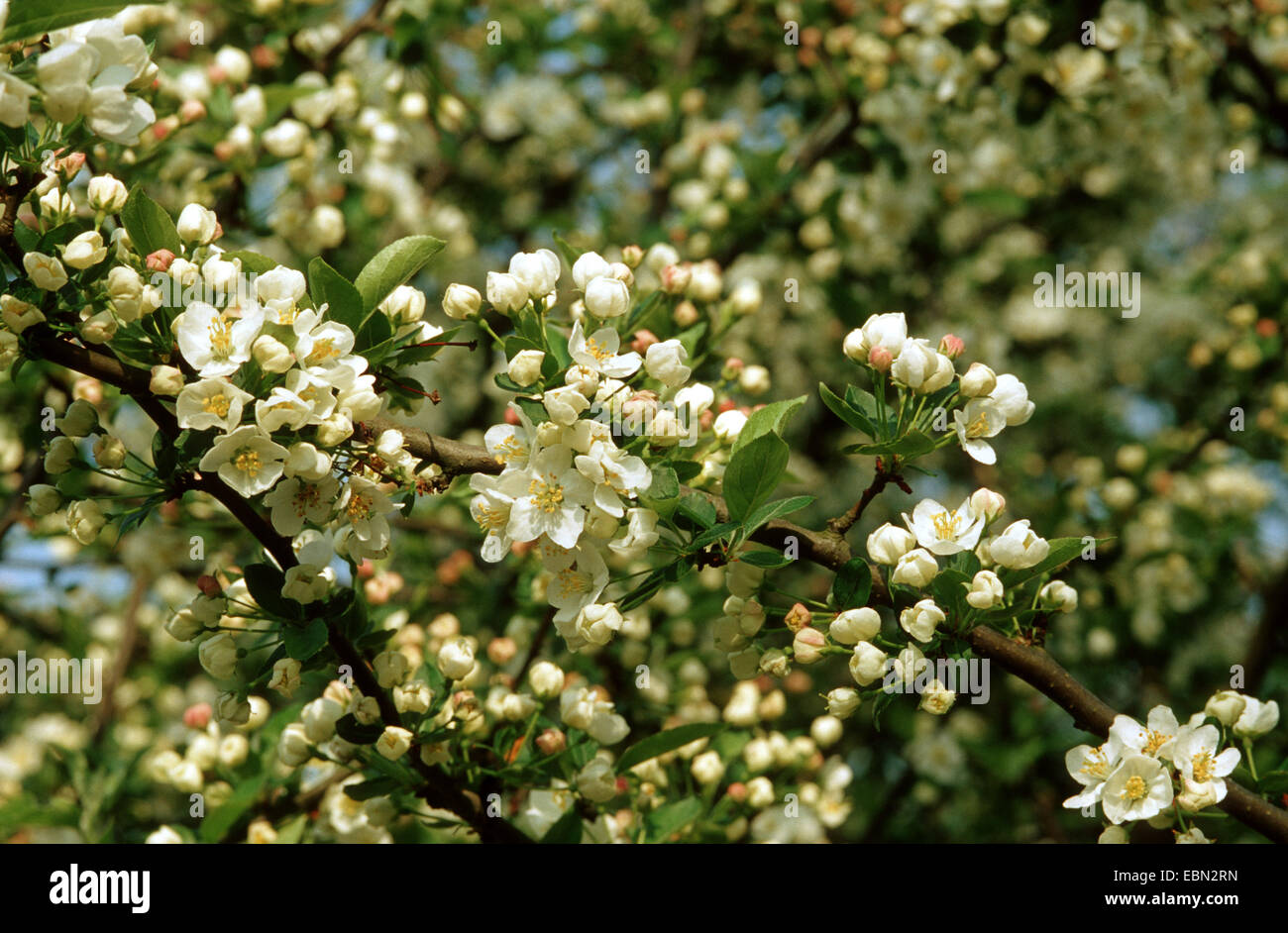
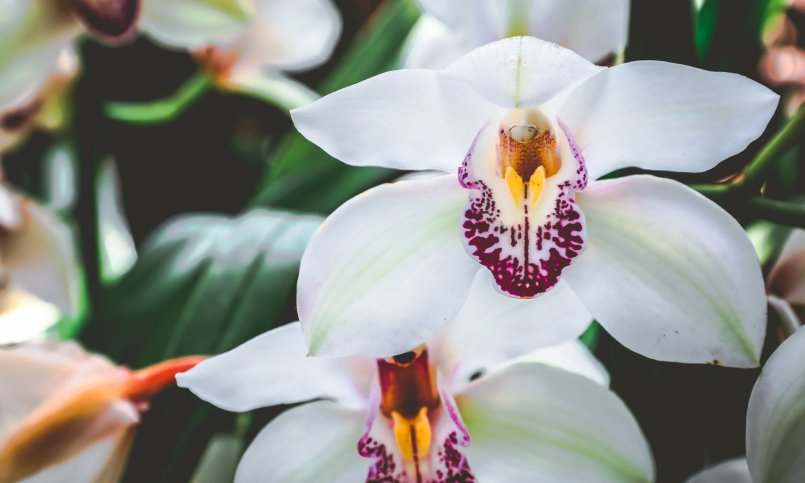


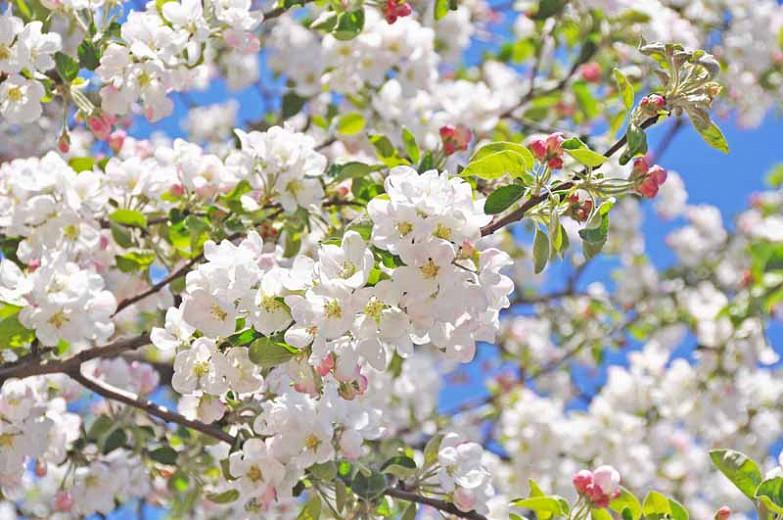

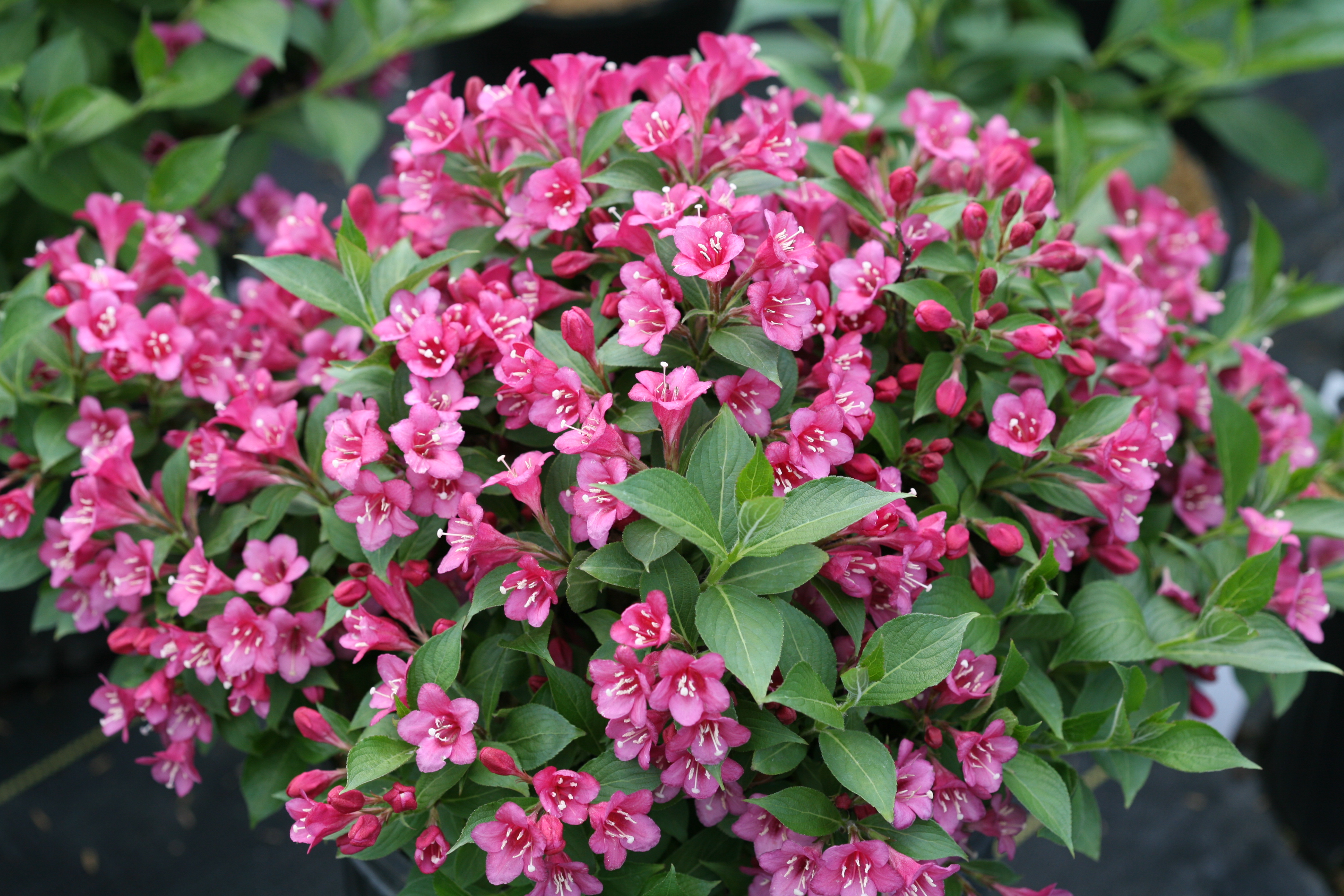
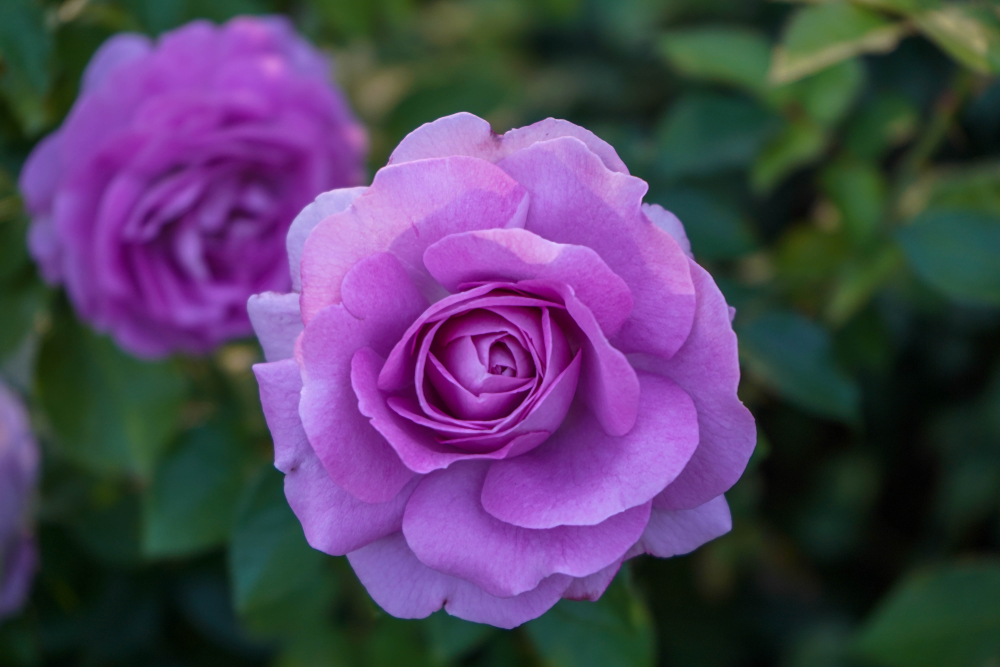

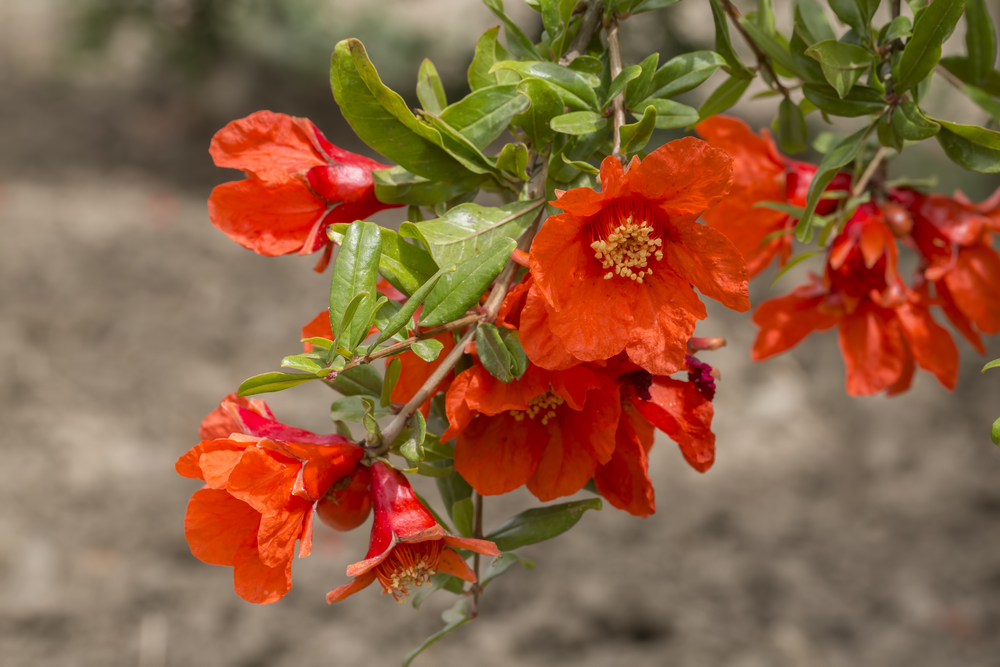

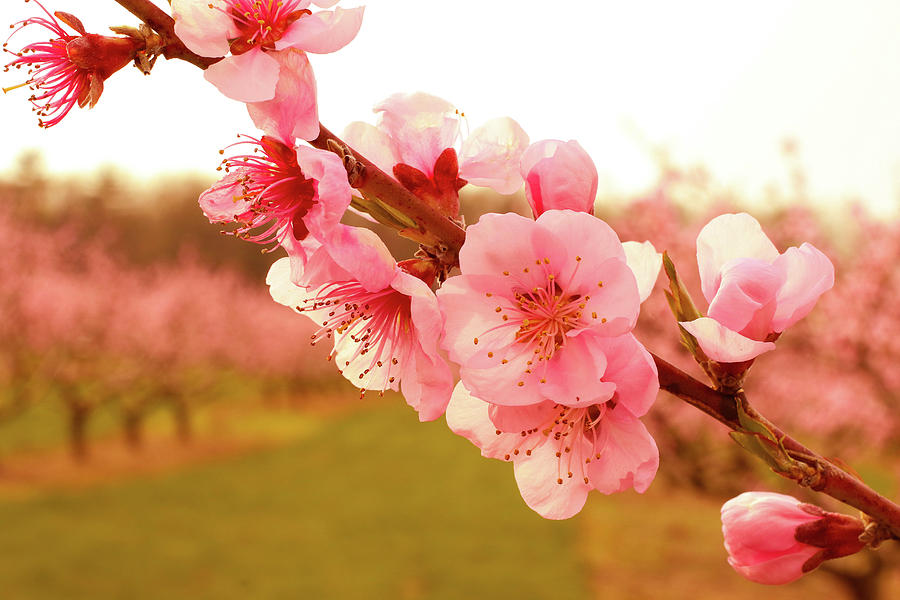






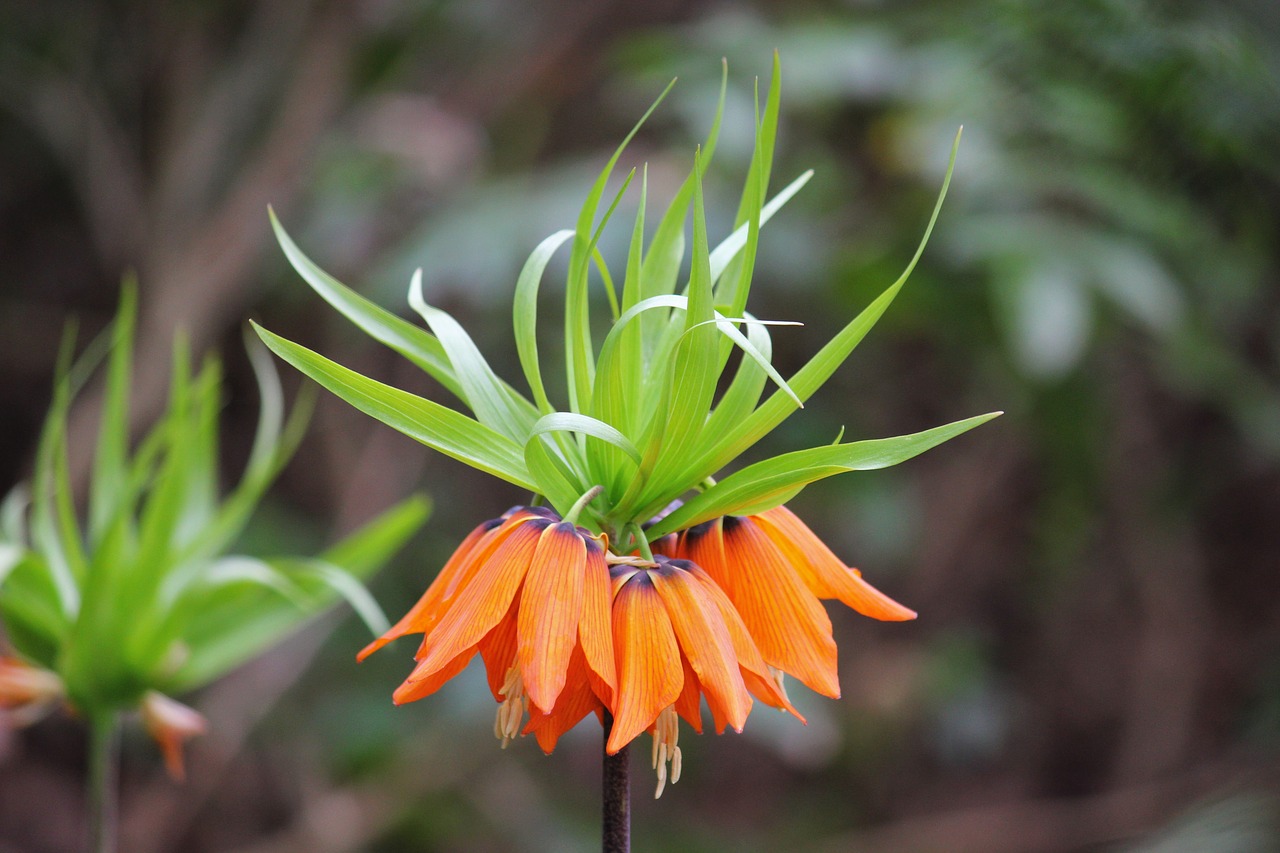



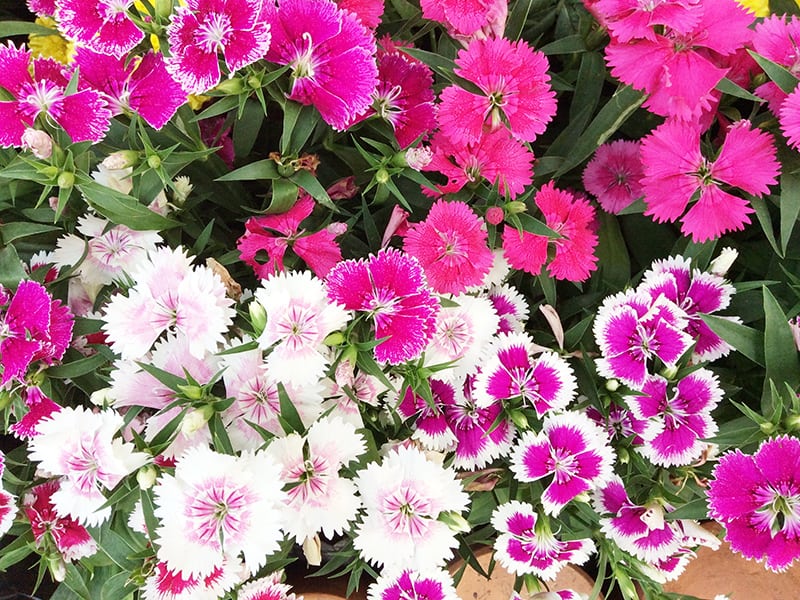


.png)

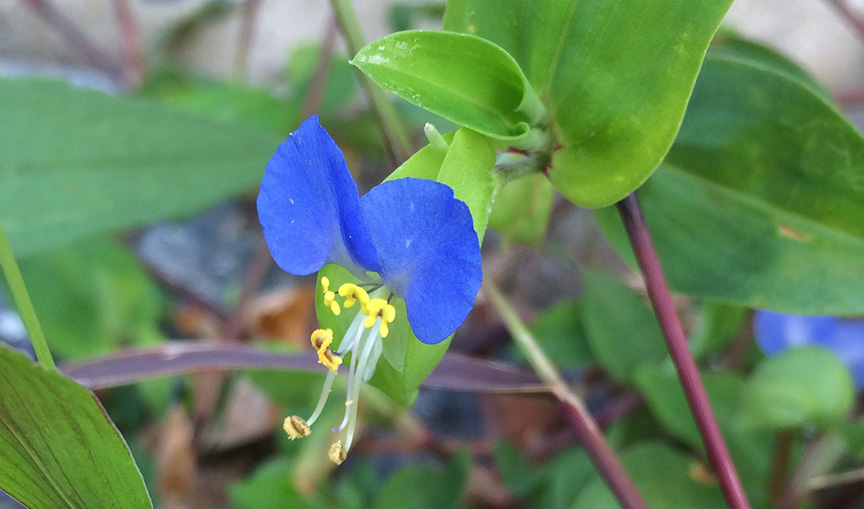


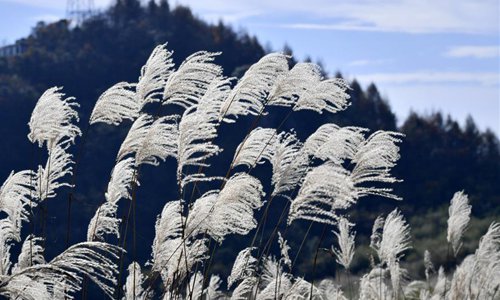
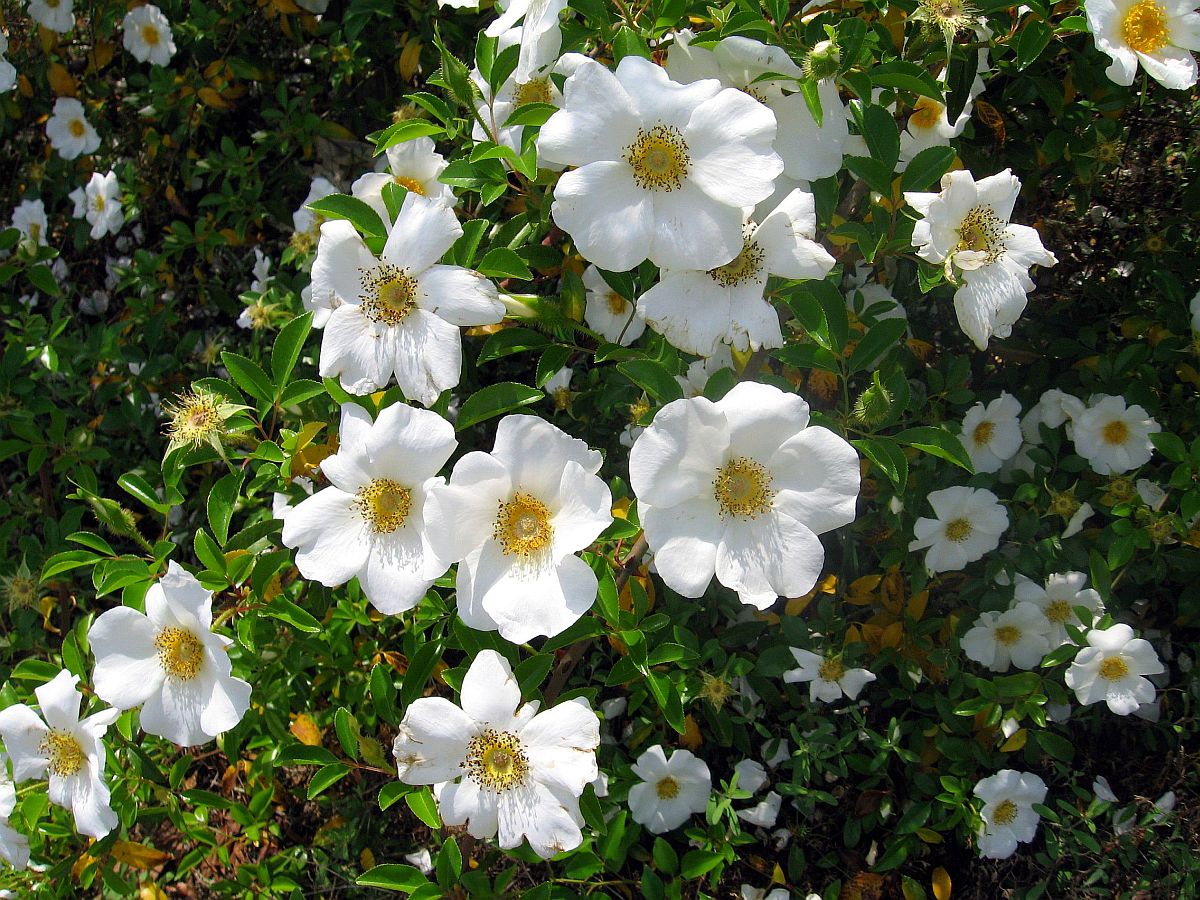
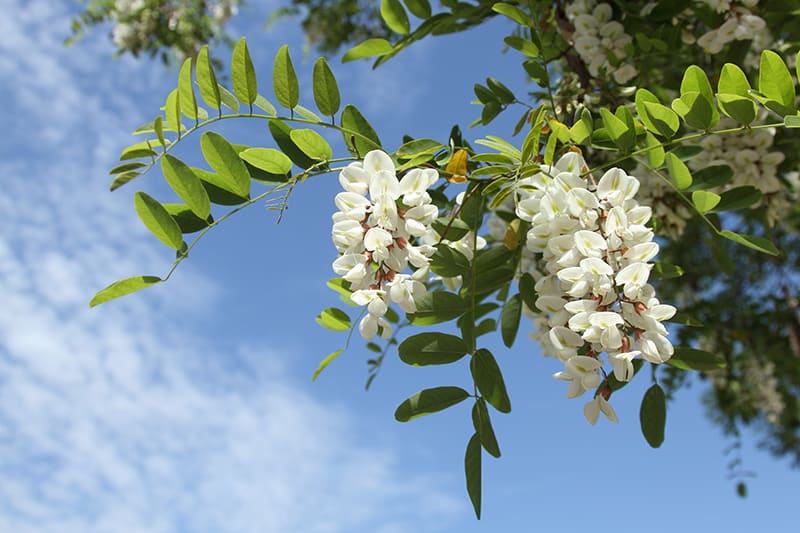





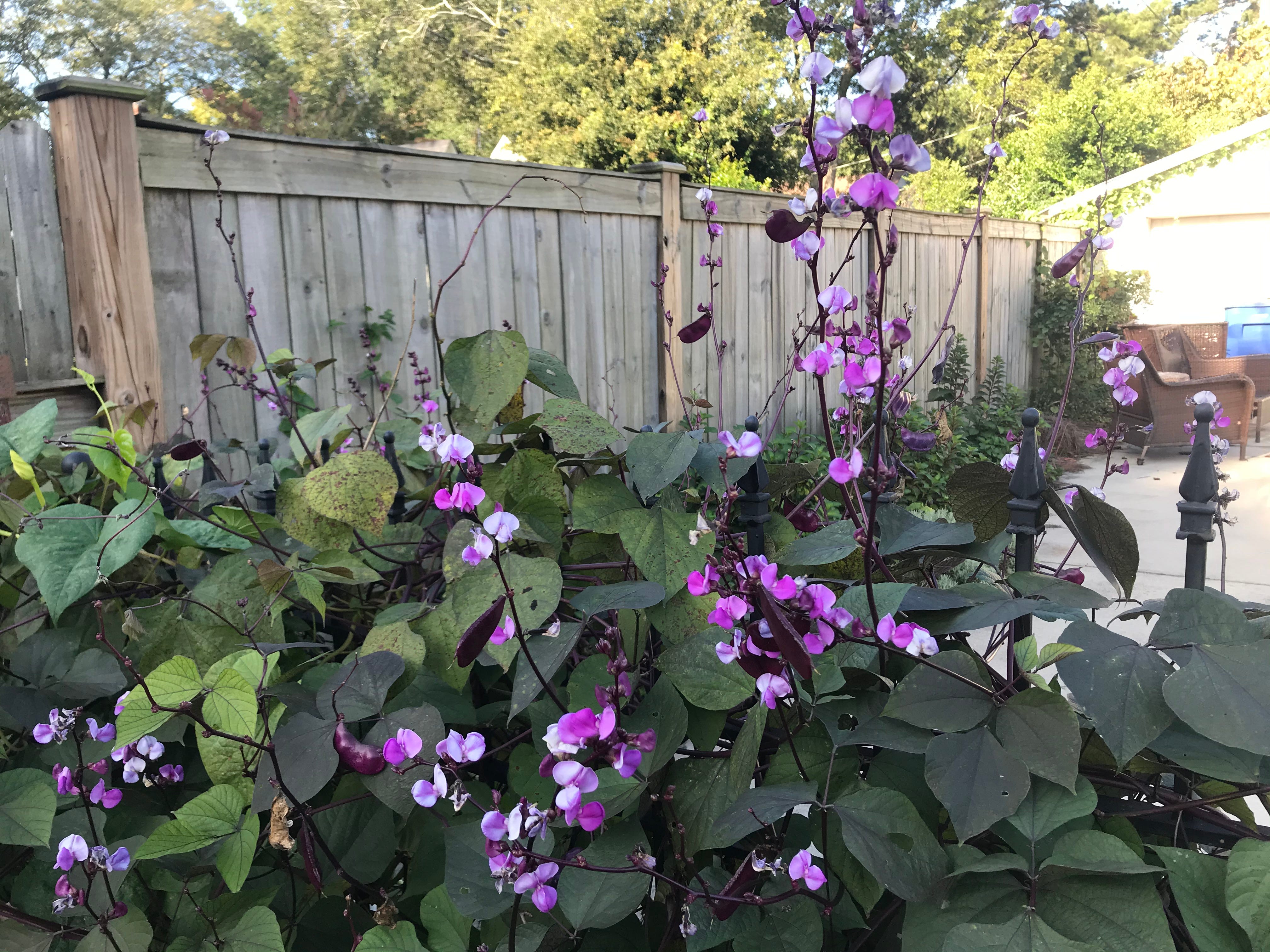
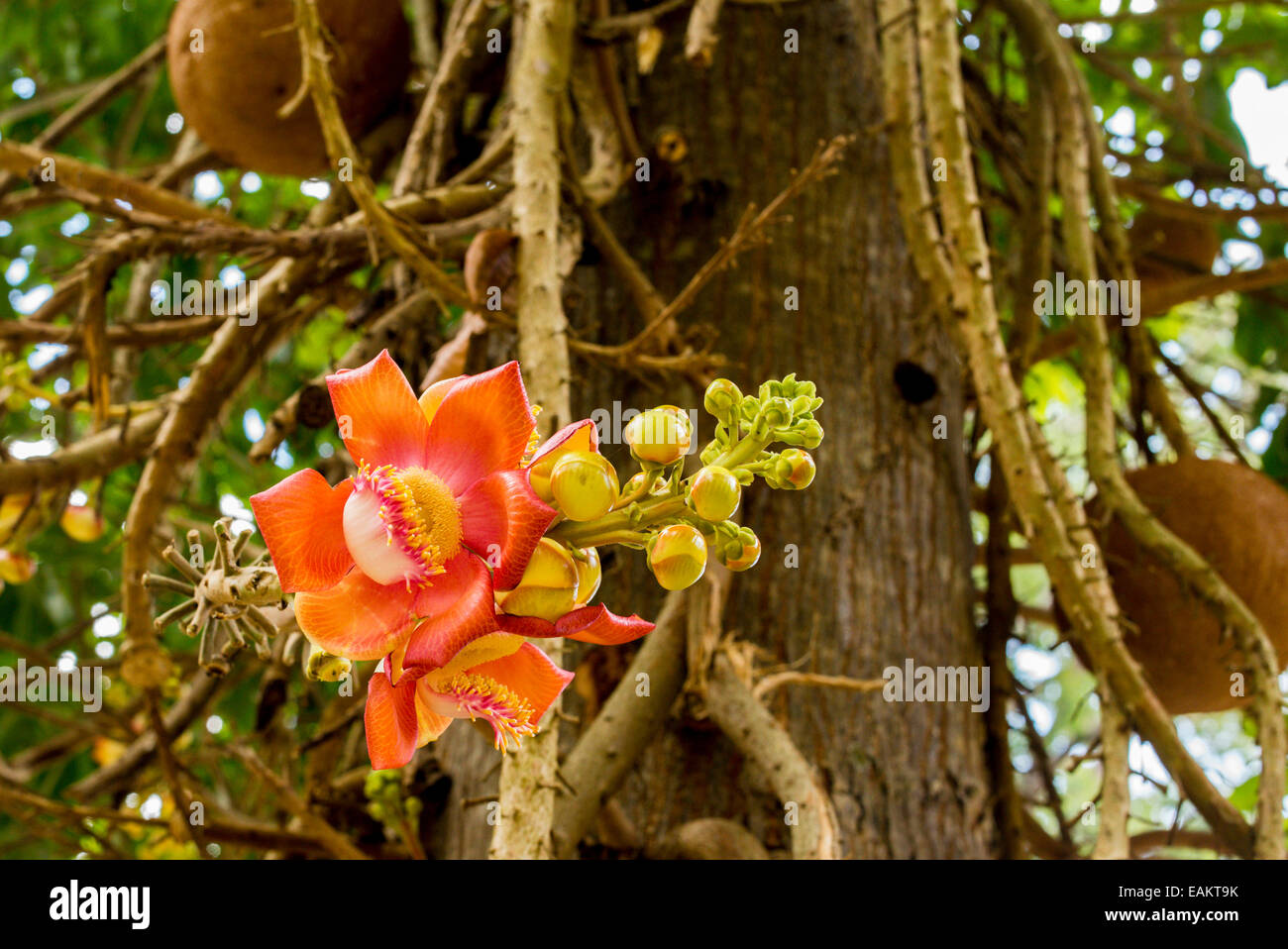

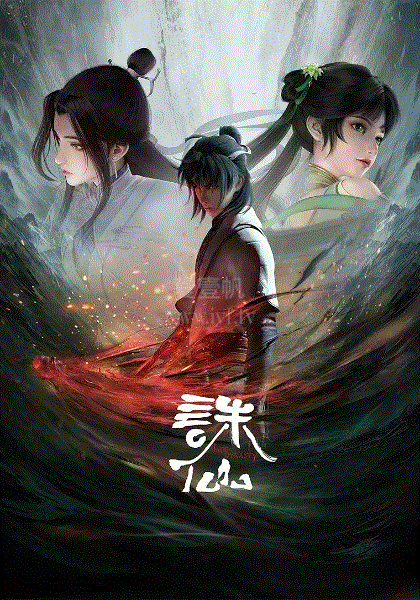

Комментариев нет:
Отправить комментарий